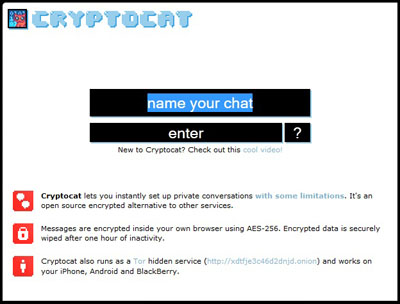
Fullerton journalists sued for “hacking” city’s open Dropbox folder
In a complaint filed in the California Superior Court of Orange County on October 24, 2019, the City of Fullerton, California accused a community blog and two contributors of violating anti-hacking laws for accessing confidential files city employees posted online, according to their lawyer Kelly Aviles and court documents reviewed by CPJ. Aviles told CPJ…

Turkey Crackdown Chronicle: Week of December 18
Court confiscates assets of 54 journalists Istanbul’s 11th Court of Penal Peace court confiscated the assets of 54 journalists, media workers, and writers, saying there was a “strong suspicion” that they were followers of exiled preacher Fethullah Gülen, whom the Turkish government accuses of maintaining a terrorist organization and “parallel state structure” (FETÖ/PDY, by its…

How SecureDrop helps CPJ protect journalists
CPJ is proud to announce our instance of SecureDrop, the anonymous submission system engineered to resist even nation-state surveillance. In a time of unprecedented, technologically-mediated threats to journalism both online and offline, CPJ’s adoption of this state-of-the-art system will help us protect journalists who need help the most. There has never been a safer way…
CPJ welcomes Facebook move to add PGP encryption features
San Francisco, June 1, 2015–Facebook today announced that it would offer users a field to post PGP encryption keys on their profiles, and that it will use the encryption standard to protect the contents of notification emails. The improvements were announced on the social network’s security blog and will gradually be rolled out to all…
How Facebook’s Tor hidden service improves safety for journalists
Facebook announced on October 31 that it has made it easier and safer for users to gain access to its social network by using a dedicated Tor hidden service at https://facebookcorewwwi.onion. A dedicated hidden service access point is a powerful move to protect journalists and anyone else who uses Tor to protect privacy or circumvent…
CPJ welcomes Facebook move to enable access via Tor hidden service
San Francisco, November 3, 2014 – The Committee to Protect Journalists welcomes Facebook’s move to enable access via a Tor hidden service, which came into effect on Friday. The step protects journalists and other users who are at risk of surveillance, censorship, or online attack.
Post-Snowden, time for journalists to get smart
Let’s be clear: Everything journalists do in the digital world is open to scrutiny by suspicious minds because that’s the way intelligence agencies work. If state eavesdroppers didn’t make use of this amazing opportunity they wouldn’t be very good at their job.

In Cryptocat, lessons for technologists and journalists
Alhamdulillah! Finally, a technologist designed a security tool that everyone could use. A Lebanese-born, Montreal-based computer scientist, college student, and activist named Nadim Kobeissi had developed a cryptography tool, Cryptocat, for the Internet that seemed as easy to use as Facebook Chat but was presumably far more secure.
Catching the Internet’s spies in Iran and elsewhere
In August, Google introduced a new, if rather obscure, security feature to its Chrome web browser, designed to be triggered only under extreme circumstances. If you were talking to Google’s servers using the web’s secure “https” protocol, your browser makes a number of checks to ensure that you are really talking to Google’s servers. Like…
Syrian Facebook: Low-tech threats and high-tech scrutiny
Journalists and online news-gatherers have been struggling to collect and distribute high-quality information about recent events in Syria. Foreign journalists have been turned away at the border; local online reporters have been detained. The quality of Internet and mobile phone connectivity has been extremely variable, with reports of Net and phone connections being cut off…